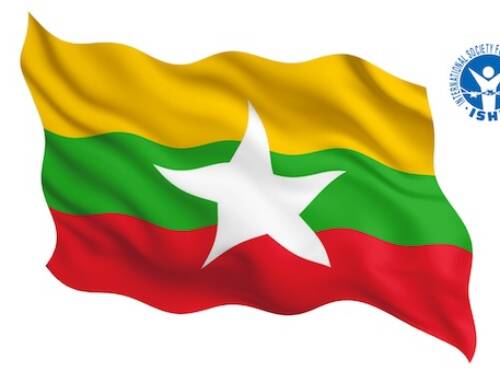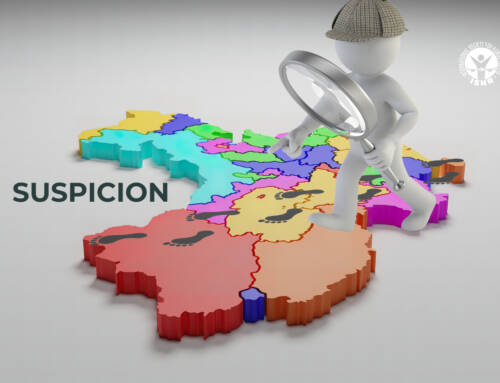CHINA

ISHR: Falun Gong movement now under persecution pressure in Hong Kong too
Systematic disinformation and criminal attacks should be prepared for prohibition.
Frankfurt am Main / Hong Kong / Beijing May 5th, 2021 – Step by step, the unification of Hong Kong is moving forward. Until recently, it was civil rights and opposition activists who were persecuted in Hong Kong for their work on behalf of freedom and the rule of law, but the CCP has now also started to massively attack the Buddhist-oriented meditation movement Falun Gong, according to the International Society for Human Rights (ISHR). Hubert Körper, spokesman for the ISHR China Working Committee, fears that the Falun Gong movement in Hong Kong could face a similar fate as the practitioners in mainland China.
On the morning of April 12th, 2021, “unidentified people” destroyed the printing company of the Falun Gong where their newspaper Epochtimes is produced, in Hong Kong. Also, Falun Gong information stands are being attacked and devastated more and more frequently. A political connection is “not seen” by the Hong Kong authorities, the perpetrators are allegedly regular criminals.
The latest attack against Falun Gong in Hong Kong is currently being carried out by the oldest Chinese-language newspaper in China, Ta Kung Pao, with its headquarters in Beijing and Hong Kong – it is the voice of the Communist Party. In eight articles published so far, Falun Gong is accused of ignoring the law and order in Hong Kong, inciting hatred, promoting anti-communism, infiltrating the community on all fronts and “poisoning” the people of Hong Kong. In one of the numerous articles, the Hong Kong government is explicitly asked to ban Falun Gong.
This approach of slandering certain groups of the population through party organs and spreading rumors is very reminiscent of the methods used during the Cultural Revolution. But primarily, it reminds of the actions of the media in the spring of 1999 in Tianjin City. Even then, China’s party newspapers spread fallacies about Falun Gong and discredited the movement across the country. This media coverage, as well as the arrest of some Falun Gong practitioners in Tianjin, led to the so-called “Zhongnanhai Event” on April 25th, 1999 in which about 10,000 Falun Gong practitioners stood in silence on the sidewalks in front of the Central Petition Office in Beijing or remained seated meditating to peacefully appeal against the illegally arrested fellow practitioners in Tianjin.
The then Chinese Prime Minister Zhou Ringji promised Falun Gong officials to ensure the release of the detainees and guarantee the right to practice their religion and believes freely. Nobody knew, however, that the prohibition and persecution of Falun Gong at the highest level was already a done deal.





